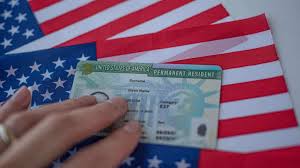Going through a divorce can be challenging enough on its own, but when you add the complexities of immigration status into the mix, the process can become even more daunting. If you hold a conditional green card and are waiting for your divorce to be finalized, you might wonder about the risks associated with entering a new relationship before renewing your green card. This blog will help you understand the potential pitfalls and how to navigate this delicate situation.
Understanding Conditional Green Cards or 2-Year Green Card: I-751 Joint Removal of Conditions
A conditional green card is typically issued to individuals who have been married for less than two years at the time their permanent resident status is granted. This card is valid for two years, and to remove the conditions and obtain a permanent green card, you must file Form I-751, Petition to Remove Conditions on Residence. Normally, this is done jointly with your spouse. However, if you are divorced, you can still file Form I-751 with a waiver of the joint filing requirement.
The Impact of Divorce
When married couples file jointly to remove the conditions on a green card, they must prove that their marriage was genuine and not entered into for immigration purposes. However, if you are divorced, you will need to file Form I-751 with a waiver of the joint filing requirement.
Types of Waivers
- Good Faith Marriage Waiver: You must provide evidence that your marriage was entered in good faith, even if it ended in divorce.
- Abuse Waiver: If you were abused or subjected to extreme cruelty by your U.S. citizen or permanent resident spouse.
- Extreme Hardship Waiver: If you would suffer extreme hardship if you were deported from the United States.
Risks of Entering a New Relationship
Entering a new relationship while awaiting your divorce and holding a conditional green card can raise several issues:
- Increased Scrutiny by USCIS:
- The U.S. Citizenship and Immigration Services (USCIS) may scrutinize your initial marriage more closely to ensure it was bona fide.
- Any evidence suggesting that your marriage was not genuine could jeopardize your green card renewal.
- Proof of Bona Fide Marriage:
- It is crucial to provide substantial evidence that your marriage was genuine. This includes joint financial documents, photographs, affidavits from friends and family, and other documentation showing the legitimacy of your relationship.
- A new relationship might lead USCIS to question the legitimacy of your first marriage, especially if it started soon after your separation.
Key Steps to Protect Your Status
- Gather Robust Evidence:
- Compile documentation proving that your marriage was genuine. This can include joint leases, bank accounts, tax returns, and testimonies from people who knew you as a couple.
- Evidence should cover the duration of your marriage and show that you both intended to build a life together.
- Consult an Immigration Attorney:
- An experienced immigration attorney can guide you through the process of filing Form I-751 with a waiver.
- They can help you prepare your case, ensuring you have the necessary evidence and are aware of all legal requirements.
- Timing of New Relationships:
- While there is no law against starting a new relationship, doing so before the conditions on your green card are removed can complicate your case.
- Consider the timing and potential implications carefully, and discuss your situation with an attorney to understand the risks.
Conclusion
While starting a new relationship while waiting for your divorce and holding a conditional green card is not illegal, it can lead to increased scrutiny of your initial marriage by USCIS. To protect your status, ensure you have robust evidence of the bona fides of your initial marriage and seek legal counsel to navigate the process effectively. By taking these steps, you can better manage the complexities of your situation and work towards a successful outcome.
If you have any concerns or need assistance with your immigration case, contact Attorney Dahlia Castillo at 910-484-3245. We provide assistance to our clients in English and Spanish.







